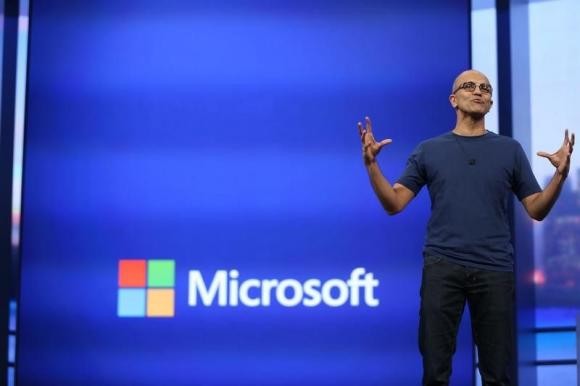For ease of use, many users prefer installing the latest version of Windows combined with older versions or have Linux as backup. Microsoft confirmed Windows 10 wouldn't allow this dual OS support in branded devices.
In a slide show revealed during a conference in China, Microsoft talked in brief about the feature called Secure Boot. The original objective of this add-on is to keep users secure and stop malware from automatically booting your computer to steal data.
However, there is a catch. Once Windows 10 is installed, it will be locked with the hardware and will prevent every other operating system from booting it up, including previous versions of Windows OS. OEMs including Dell, Lenovo has been instructed to have Secure Boot on their devices. Microsoft is also working to find a way that would enable Linux among other OSes to boot along with Windows 10, while this feature is turned on, reports Digital Trends.
Manufacturers are already looking for ways to do their own customization so that users could have the latest version of Windows as well as Ubuntu or Fedora installed on their computers. Most users are concerned about this fact because they still believe Windows 7 is the best available and may not want to switch to the new OS unless it proves its worth. OEMs doesn't want this issue to affect PC and laptop sales which is why they are already exploring alternatives.
At the moment, users won't be able to have dual operating systems unless they build the PC on their own. The rules might change when the OS officially gets launched this summer, according to a report by ArsTechnica.



























